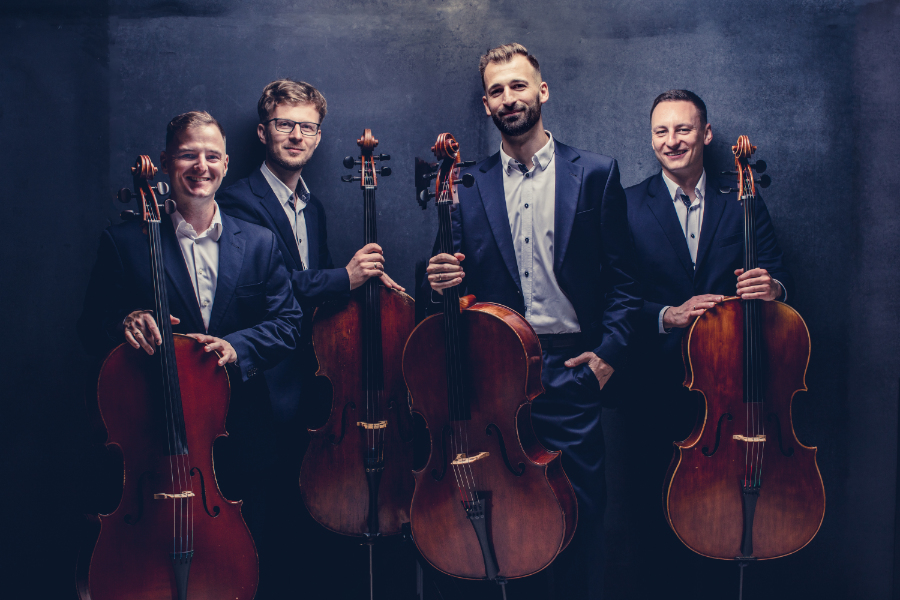The International Cello Academy (ICA) is an event addressed primarily to musicians who want to improve their skills, but each time it is accompanied by concerts that are a real treat for music lovers. During its eleventh edition this year, you will hear the festival orchestra and leading European cellists. The list of teachers includes Julius Berger, Tomáš Jamník, as well as members of the Polish Cello Quartet, who organise ICA and are its artistic directors. The concert programme features works created from the beginning of the 19th century to the present day.
The concert will begin with the Cello Quartet by the Belgian composer Jean Absil – winner of the famous Prix de Rome, which was previously bestowed on, among others, Charles Gounod, Georges Bizet, Hector Berlioz, and Claude Debussy. The piece created in the 1930s, when the composer could already boast of a fully developed style. There will also be a cello arrangement of the slowest movement from Ludwig van Beethoven’s Seventh Symphony. During the Vienna premiere of the work in 1813, the enthusiastic audience demanded that this movement be repeated as an encore. Although the prestigious Prix de Rome, which gave the possibility of a two-year stay at Villa Medici, was abolished in the wake of the May 1968 riots, the contemporary French composer Philippe Hersant found another way and spent several years during a scholarship at the Roman headquarters of the French Academy in the late 1970s. In 2014, he created the Fantaisie à la manière de Callot, containing quotations from the works of Gustav Mahler, including the 3rd movement of the 1st Symphony in D major “Titan”.
Another giant of late Romantic symphony – Richard Strauss – composed a single-movement Romance in F major in 1883 for cello and orchestra. The piece, resembling the slow part of a cello concerto, remained practically forgotten for years – it was published only in 1987. We will also listen to an arrangement of the third movement of the minimalist Third Symphony by Philip Glass, titled Symphony of Eight and created by Elias Arizcuren. At the end of the concert, Ravel’s Bolero will be played in a cello version, which – like compositions by Glass – uses a minimal amount of melodic material.

